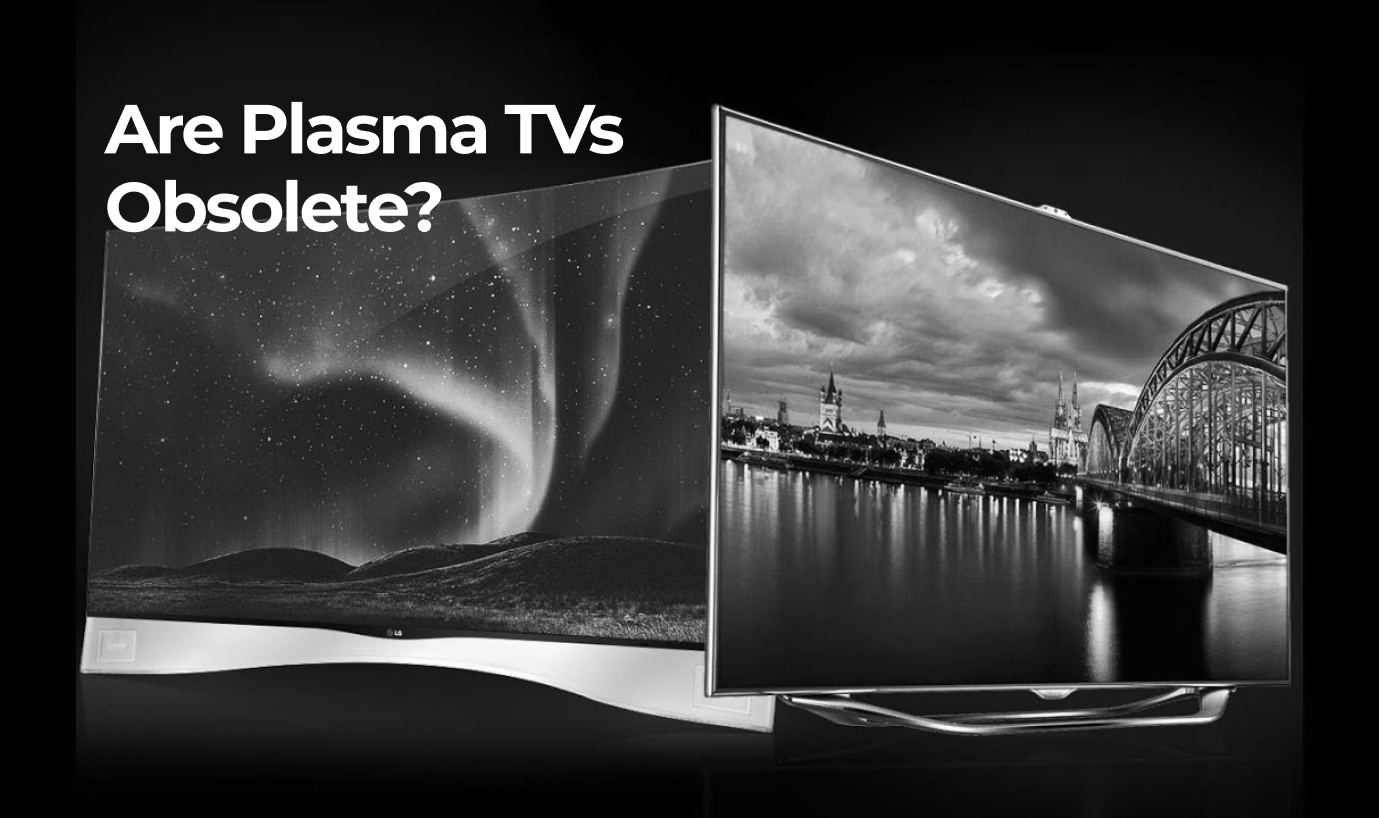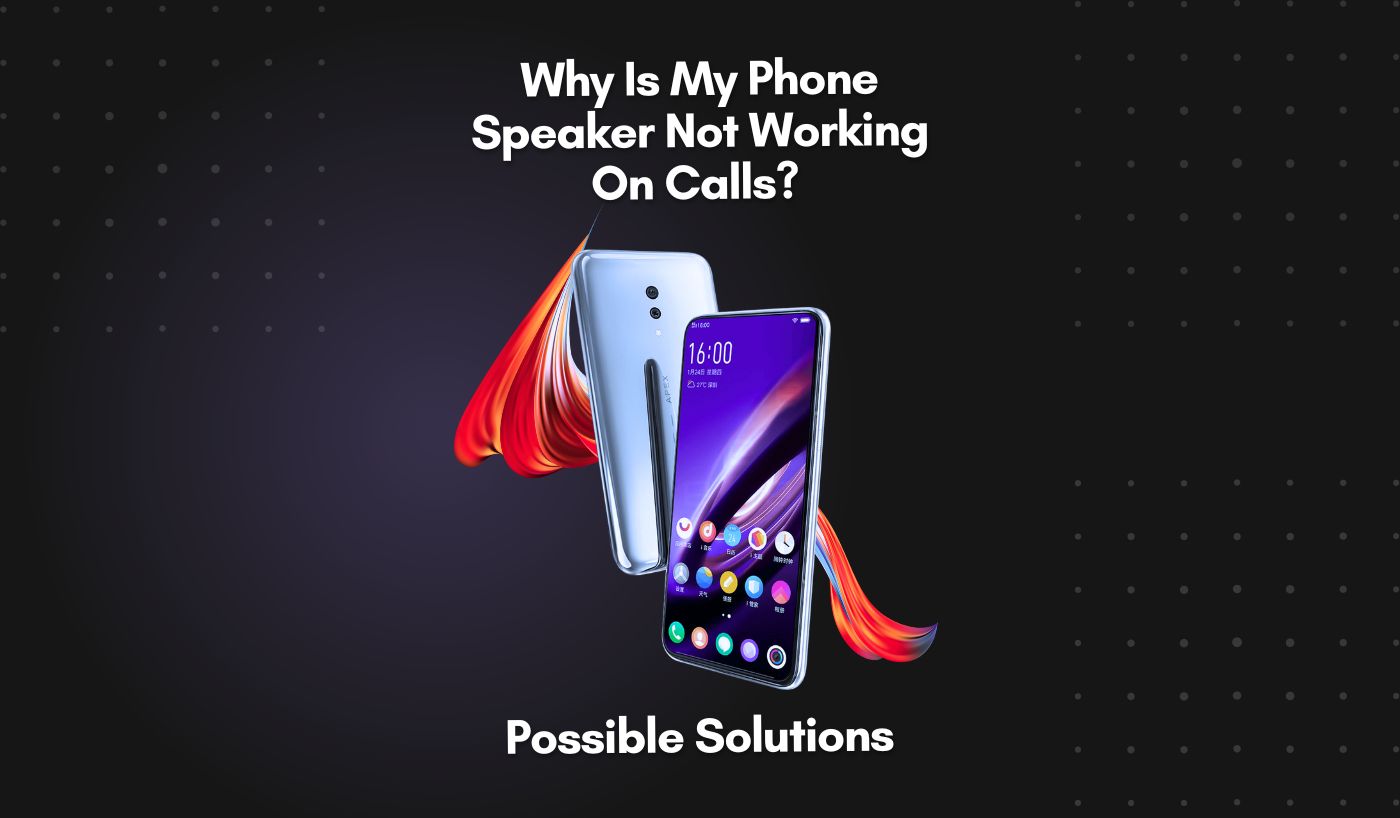The question which I receive from friends or family when discussing plasma Tvs is, “Should I keep my Plasma Tv as they don’t last that long, they run out faster as compared to the other television technologies.” I think the quick answer is ‘yes’. Because these days, the latest OLED TVs are regarded as a kind of spiritual successor as they consume less energy and produce luminous images with a wider viewing angle and are also less expensive than plasma technology.
Overview
Television sets have changed over the years with various technologies evolving and disappearing. The market for television in the 21st century was defined by great technological progress. While Cathode Ray Tube (CRT) and retro -projection TV sets were much popular back in 2000, soon they were taken by Plasma Tvs as the most famous TV technology. Soon the plasma Tvs suffered the same fate due to their long forgotten counterparts. LCDs have held the market shares of sales since 2007 and businesses stopped manufacturing Plasmas altogether in 2014. Plasma Tvs were very popular due to their amazing picture quality with true blacks along with a quick response speed. However, they are not as sustainable as modern LED televisions and have less mileage than LEDs. Plasma televisions usually last five to seven years as long as they are not switched on most of the time.
What is a Plasma Screen
A plasma screen is a television set typically larger, ranging from 40 inches to 65 inches. Additional sizes may be available but are less frequent. Plasma displays are similar to LCD and LED TVs as they are flat screen, thin and can be mounted on a wall. They have an advantage over LCD televisions in terms of overall image quality, but LCDs catch up on improvements like LED backlighting. The major difference lies with the display technology. Plasma screens use a matrix of tiny plasma gas cells that are loaded by precise electric voltages to emit light and create the image. That is, each image element in a plasma Tv screen acts as a miniature light source. In contrast to Plasma screens, LCD panels do not generate, instead they filter the light generated by a backlight source to create the image on the surface of the panel.
The Differences
Plasma screens and LED TVs each have their own pros and cons in terms of image quality, price, manufacturing and uptime. Plasma TVs are believed to provide better image quality due to its higher contrast ratio but LED TVs are now far more popular due to other factors like lower cost and higher availability.
It is clear that the Plasma TVs were better back then but the LED TVs have also improved since then, so the picture quality has improved significantly.
Decline of Plasma Screens
There are a few other problems that have contributed to the decline of Plasma screens. At first, the Plasma TVs were not functioning at high altitude due to the change in air pressure with the gases inside. They would create a humming sound and the image wouldn’t be the same, so it would be problematic if you resided at high altitude. Keeping in mind the standard practices of any electronics, LED TVs can be used at any altitude. Furthermore, the Plasma TVs emitted a radio frequency that might have interfered with other devices around. Moreover, Plasma screens use loaded gas, so the unit gets warm to touch after running for a while. But one thing to consider here is that Plasma TVs consume more power than a regular CRT or LED TV.
![OLED vs LCD vs Plasma - Which Is Best? [2022 Guide]](https://www.displayninja.com/wp-content/uploads/2019/06/OLED-vs-LCD-vs-Plasma.jpg)
Should you keep your Plasma TVs?
Since you’re not facing any difficulties with your Plasma Tv, then you probably don’t need to replace it. Though Plasma TVs have virtually vanished so OLED and other technologies like the Super-AMOLED have gained the upper hand. You can enhance your viewing experience by switching to a more recent type of television.
However, if you notice that your plasma is beginning to show signs of permanent burning, it will probably be a good idea to get a new television before the burn-in gets worse.
In the end, there are numerous benefits to OLED compared to Plasma TVs because of lighter weight, less brittle construction and resistance to environmental interference. You’re better off going with OLED instead of old-fashioned and a bit temperamental plasma technology.




